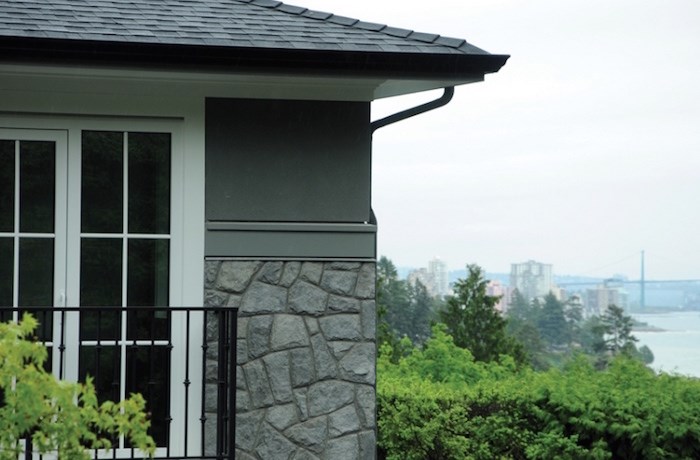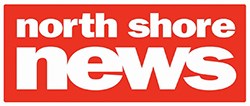 According to recent data from the federal Canadian Housing Statistics Program, One house out of every 10 in West Vancouver is owned by people who don’t declare themselves a resident of Canada. File photo by Mike Wakefield, North Shore News
According to recent data from the federal Canadian Housing Statistics Program, One house out of every 10 in West Vancouver is owned by people who don’t declare themselves a resident of Canada. File photo by Mike Wakefield, North Shore News
The District of West Vancouver should get a share of the speculation and vacancy tax being collected on empty homes in the municipality – or be given the power to impose its own vacancy tax, says Mayor Mary-Ann Booth.
Booth was responding after municipal leaders met with Finance Minister Carole James last week to look at the figures showing how much speculation tax was collected by the province in their communities.
According to those figures, 415 owners of 337 separate properties paid $6.7 million in the new tax in West Vancouver in 2018 out of a total $58 million collected provincewide in 2018 through the tax.
Owners in West Vancouver paid the third-highest amount of the speculation and vacancy tax in the province – behind Vancouver and Richmond – despite relatively small numbers of properties actually being assessed the tax in West Van.
Booth said that raises some issues for her, which she plans to bring up with James during a meeting at the annual Union of B.C. Municipalities conference next week.
“Our main ask is that first of all we would like to have a fair share of the revenue that is being collected,” said Booth, so that West Vancouver can put the money back into a fund aimed at creating more affordable housing in the district.
Currently, the municipality is bearing the brunt of trying to come up with ways to provide that, said Booth, “with not really any help from the federal government or the province.”
Failing that, Booth said she’d like to see West Vancouver have the power to impose its own vacancy tax on top of the provincial tax – like the City of Vancouver does. That would require the province to change legislation to allow that, but Booth said she’s hopeful. “I’m feeling optimistic that the province is going to respond to our request.”
While mayors of some communities have asked the province to exempt their municipalities from the vacancy tax, Booth said she thinks the measure is helpful in West Vancouver where too many homes have sat empty.
“I do hear from residents who are very concerned about the empty homes in their neighbourhood,” she said.
Houses that sit empty have had an effect on everything from local businesses to neighbourhood character and even the crime rate, said Booth – noting houses that aren’t occupied have become a target for break-ins in West Vancouver.
“These houses are easy targets,” she said.
Booth said she’d also like the province to take a closer look at the number of properties being assessed the tax in West Vancouver, because “the number seems quite low to me,” especially compared to the municipality’s figure of 1,700 empty homes, based on the 2016 census.
“I would like to drill down more into this,” she said. “I think there are people claiming the exemption that may not be allowed to. There might be loopholes in the legislation. People can find loopholes and ways of avoiding tax.”
According to information provided by the Ministry of Finance, by far the largest number of exemptions – other than to people occupying their homes as a principal residence – were for more than 3,600 homes being rented out to long-term tenants. Over 500 properties were granted exemptions to the tax because of construction or renovation work, 260 homes were deemed “recently acquired or inherited” and over 240 faced restrictions on rentals. Other top reasons for exemptions to the tax included land with no home on it, phased developments and the recent separation, divorce or death of the owners.
Last week, James said the province is consulting with local mayors and is open to tweaking the tax. She said the government will also be auditing to make sure people have told the truth when declaring reasons they should be exempt from the tax.



